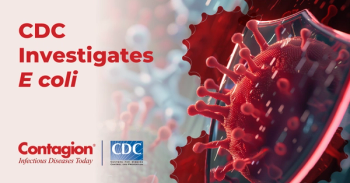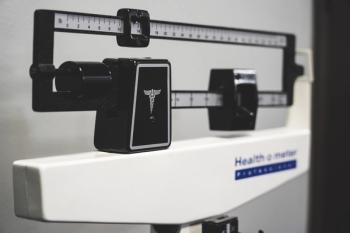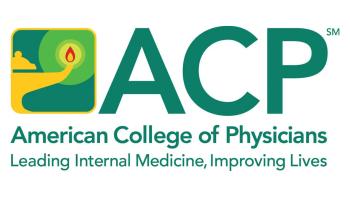
Antiviral Drug Identified as Effective Ebola Fighter
A research team has found that an antiviral drug available in Russia and a few other countries shows promising results when it comes to fighting Ebola virus disease.
The US Food and Drug Administration (FDA) has not approved any drugs to treat infections from Ebola virus disease (EVD), but a new study details how one antiviral drug that is currently available in other countries may be an effective treatment against the deadly virus.
Preventing the next Ebola outbreak with a vaccine will require a widespread immunization campaign, and antiviral drugs effective against EVD will be needed for a proper outbreak response. In a new
Tilorone was previously recognized as a candidate to fight the virus after a machine learning model trained on anti-Ebola virus screening data identified the drug as a potent in vitro Ebola virus inhibitor. The study authors point out that as there are no FDA-approved drugs for the treatment of Ebola, there’s a public health gap in preparedness for either a pandemic outbreak or intentional release of the pathogen.
In a test using a lethal challenge of mouse-adapted Ebola virus, 90% of the mice tested survived when given 25 to 50 mg/kg doses of tilorone once-a-day for eight days. In addition, mice that received 30 mg/kg of tilorone at either 2 or 24 hours post-infection had 100% survival rates, while those that received doses of just 10 mg/kg had a 20% survival rate.
“Tilorone’s activity is significant because it is the first example of a low molecular-weight immunomodulatory drug being used to treat an Ebola infection in the mammalian disease model,” said the study’s lead researcher, Peter Madrid, PhD, in a recent interview with Contagion ®. “The mechanism of the drug and prior data from other groups showing activity against other viruses, indicating that it could be a very broad-spectrum antiviral compound. Several of the tilorone treatment groups had 100% survival rates in a lethal Ebola virus infection model, indicating that the drug could potentially be used to either prevent or treat Ebola virus disease in humans.”
Tilorone’s activity against Ebola virus “is also significant because it is a demonstration of how machine learning methods can be used for drug discovery,” said Dr. Madrid, noting that this study highlights how the machine learning approach can be used for repurposing drugs for new indications. “Pandemic viral outbreaks are difficult to predict, but it is reasonable to expect that there will be future outbreaks similar to the 2014 West African Ebola outbreak. It is important that we have safe and effective treatments and prophylactic countermeasures for use in these scenarios.”
The researchers will be conducting further efficacy experiments in disease models as well as preclinical safety studies to support an investigational new drug application with the FDA for the use of tilorone as a treatment or prophylactic drug for EVD. “This will enable us to determine optimal dosing regimens in humans and design the clinical studies required for FDA approval,” said Dr. Madrid. “This process will be accelerated by the fact tilorone has a good drug safety track record outside of the U.S., but we will still need to perform the required drug safety studies to meet the requirements of the U.S. FDA.”
Newsletter
Stay ahead of emerging infectious disease threats with expert insights and breaking research. Subscribe now to get updates delivered straight to your inbox.































































































































